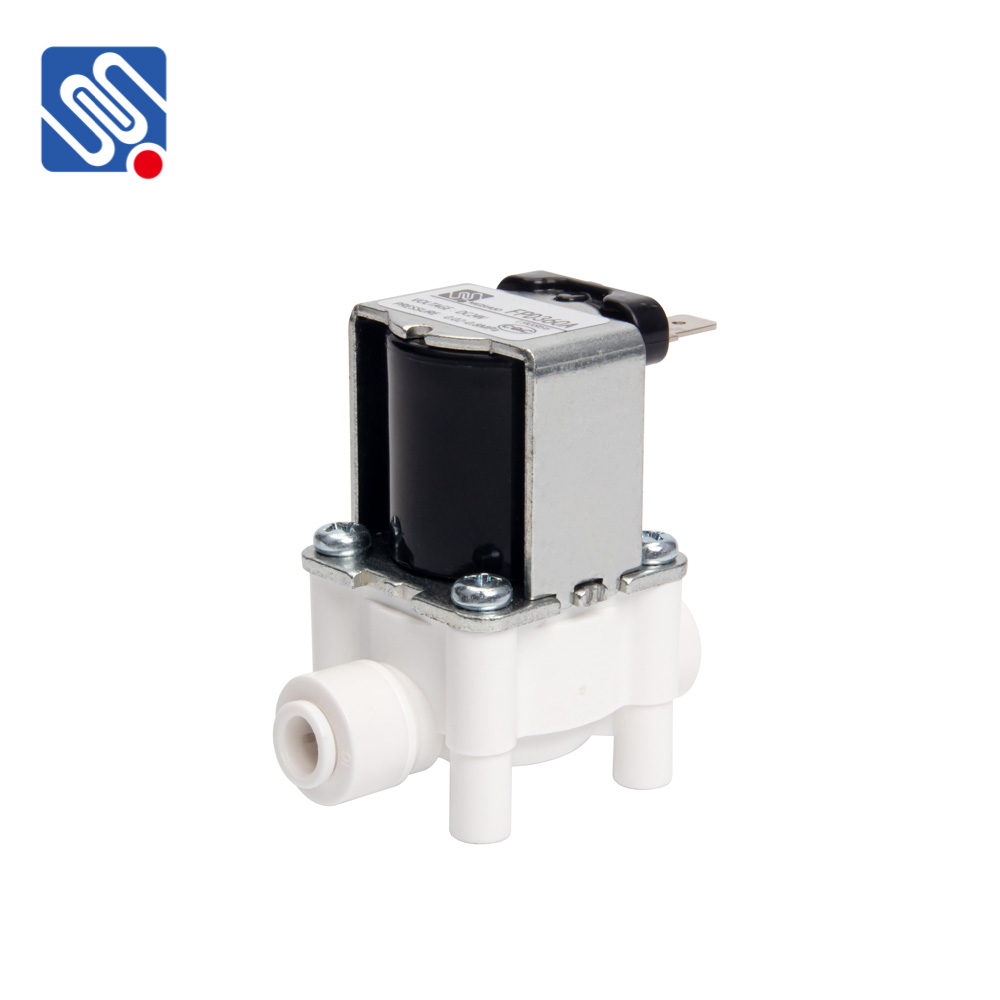non-toxic solenoid valve: a safe and reliable solution for various applications
Release time:2025-04-30 02:02:35
A Non-toxic Solenoid Valve is an essential component in various industries where safety and health are paramount. Unlike conventional solenoid valves, which may use materials that can release harmful toxins or chemicals, non-toxic solenoid valves are designed to be safe for use in environments where exposure to hazardous substances can pose serious risks. These valves play a critical role in controlling the flow of liquids and gases in applications where purity and safety are prioritized. In this article, we will explore the importance of non-toxic solenoid valves, their applications, materials used in their construction, and the benefits they offer across different industries.

What is a Solenoid Valve?
A solenoid valve is an electromechanical device used to control the flow of liquids or gases in a system. It operates by using an electric current to generate a magnetic field, which moves a plunger inside the valve. This movement either opens or closes the valve, regulating the flow of the medium passing through it. Solenoid valves are widely used in automation systems, irrigation systems, heating and cooling systems, and even in medical and food-related applications.
The Need for Non-toxic Solenoid Valves
In many industries, such as food and beverage processing, pharmaceuticals, and medical devices, it is essential to ensure that the materials used in equipment are non-toxic and do not contaminate the product or environment. Solenoid valves are no exception. In these settings, standard solenoid valves that contain toxic or hazardous materials can compromise product integrity, endanger public health, or even violate safety regulations.

